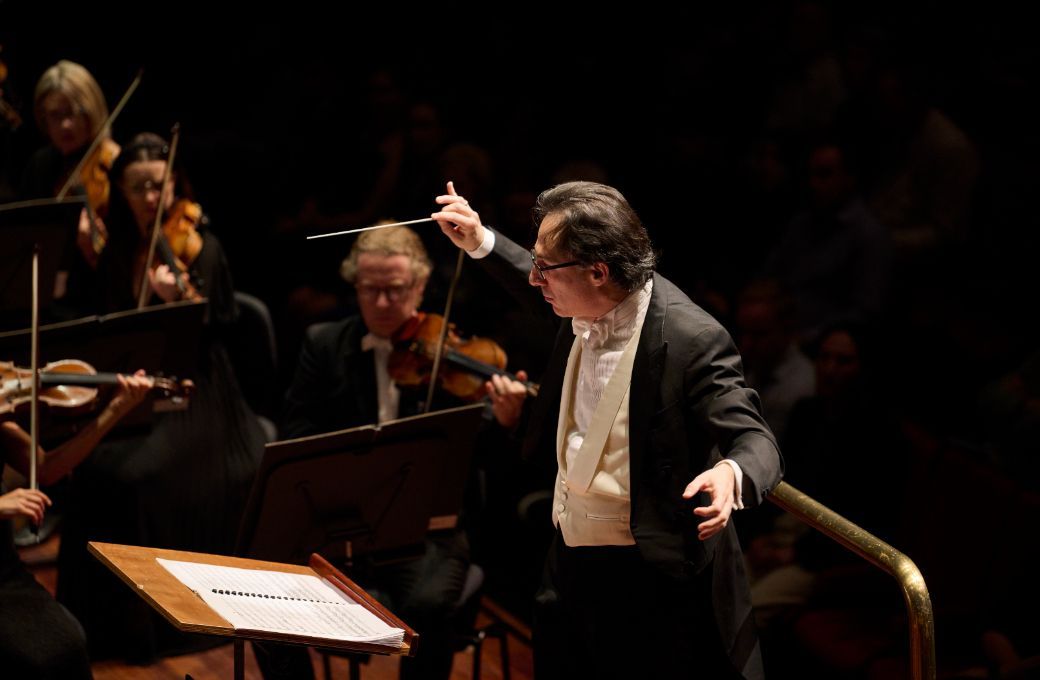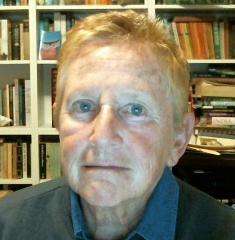“Mozart’s Masterworks” was not quite as sweeping as the title might suggest (what, no operas?), comprising the Requiem in D minor bolstered by the Paris Symphony and a short tributary work by Jacques Ibert (1890-1962). The concert provided a nice showcase for the West Australian Symphony Orchestra and its Chorus, featuring the swansong of the latter’s choirmaster of the last six years, Andrew Foote. We were also treated to a guest conductor, the Italian Umberto Clerici, recently appointed as Chief Conductor to the Queensland Symphony Orchestra.

The opener was Ibert’s Hommage à Mozart, a full-bodied bustling piece with horns and trumpets interspersed with lighter fleeter moments, concluding with crescendo and climax with timpani. While very much in a Mozartian spirit, one would never mistake it for an 18th-century work. After warm applause, Clerici picked up a microphone for an informal and entertaining chat to the audience, discussing Mozart’s legacy (as highlighted by the Ibert piece), and the extremes of his work illustrated by the two pieces to ensue, the “boisterous, joyful and energetic” characteristics of the Paris Symphony contrasted with the darker nature of the Requiem. He also quoted from Mozart's letters, including one describing how the Paris Symphony had evoked mid-movement applause from the audience and commending a more spontaneous approach to audience response. This turned out to be a mistake.
The short symphony was crisply performed, with due attention to the rousing start followed by delicate strings. The emboldened audience clapped vigorously after the first movement, producing an approving “bravi” from Clerici. The Andante, enhanced by a rich sonorous string sound and lyrical flute playing from Mary-Anne Brades, also generated applause, succeeded by the lively Allegro which, with its scurrying strings and jaunty timpani, demonstrated the finely honed discipline of the orchestra and its rapport with the conductor.
After the interval, Mozart’s last work, the unfinished Requiem was presented in the usual Süssmayr completion. Here, the WASO mustered a very fine quartet of soloists, led by fast-rising star soprano Samantha Clarke, along with mezzo Ashlyn Tymms, who recently impressed in Perth as Ježibaba, tenor Andrew Goodwin and bass Adrian Tamburini. The opening Introit for chorus and soprano demonstrated Clarke’s rich warm soprano, its bell-like clarity and even tonal quality. In the subsequent solo sections, Timms’ strong creamy tones, Goodwin’s plangent tenor and Tamburini’s resonant bronze bass contributed individually and all blended pleasingly. The choir sounded a little forcedful at first, but soon settled into a disciplined harmonious stream of sound, with beautiful phrasing in the Lacrimosa.
After the Kyrie there was some rather tenuous applause, but after the forceful Dies irae the audience let loose. This continued throughout, which became really quite distracting; it is, after all, a mass. For some of us, old fuddy-duddies no doubt, these outbursts rather mitigated the enjoyment of an excellent performance in all other respects.


